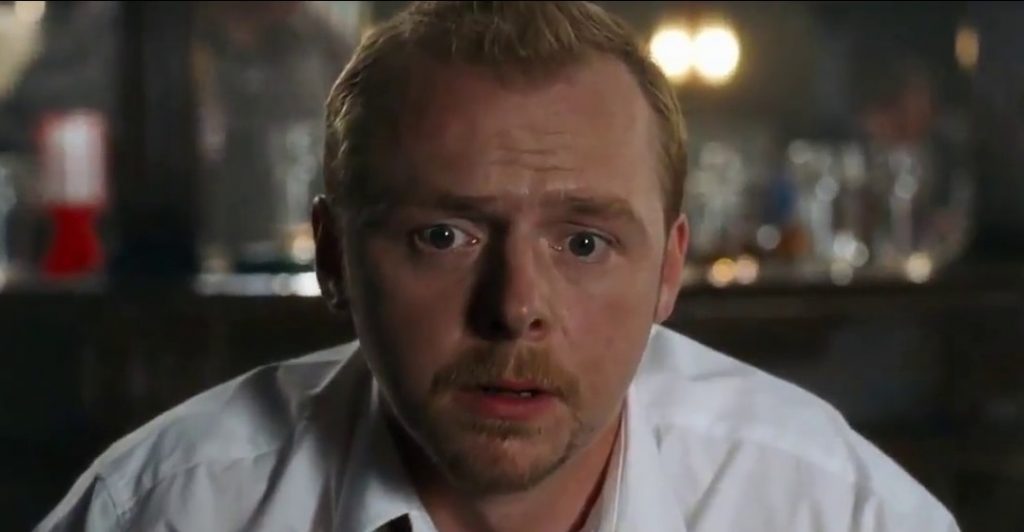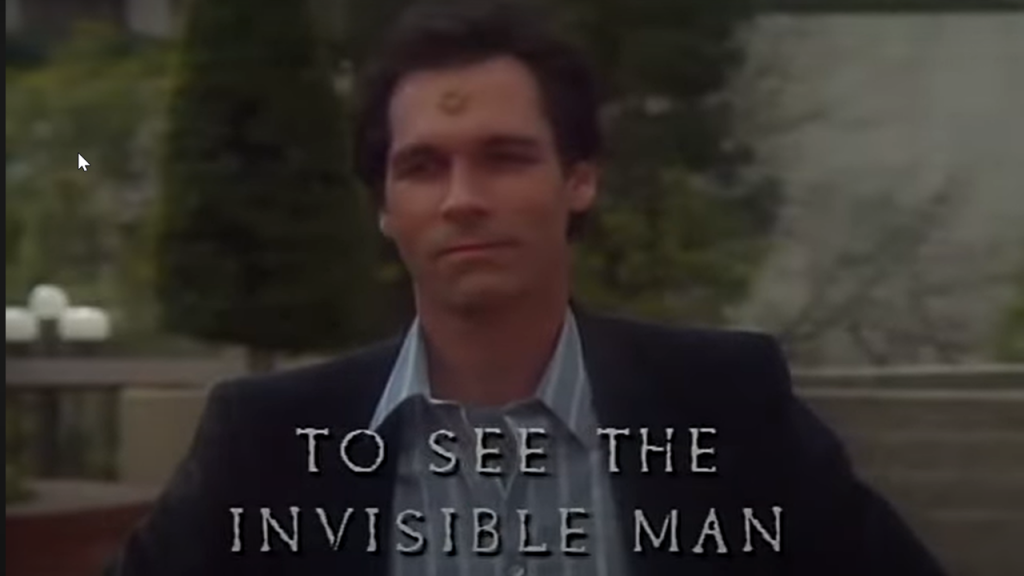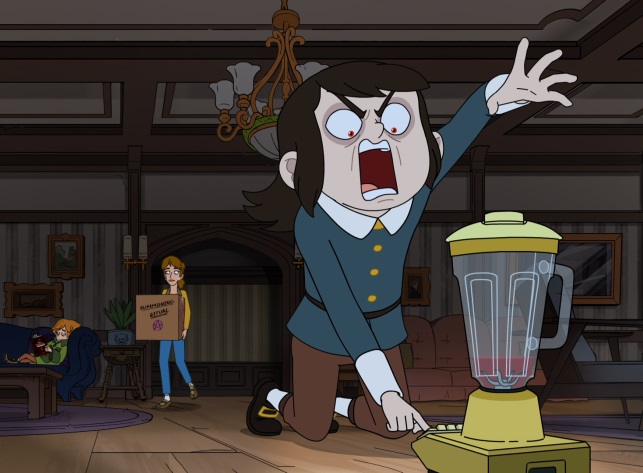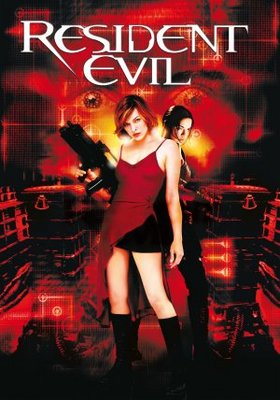I had half a thought about networking I was going to expand on, but as i started to write it out I remembered I just ranted about networking, well… not that long ago, relatively speaking. And I don’t want you all thinking I’ve only got three or four pieces of writing advice. So I’m skipping ahead to talk about zombies. Sort of.
Honestly, I’ve ripped this one apart and put it back together three times now.
I’ve talked once or thrice here on the ranty writing blog about using obscure words and overly-elaborate language. Usually in the negative sense, because this kind of stuff often throws up barriers between me and my readers. Best-case scenario is they have no idea what I’m trying to say. Worst-case is they get frustrated, maybe because they realize I’m just doing this to try to look clever, and they stop reading.
Well, they stop reading my work, anyway.
This doesn’t mean I should never use obscure or specialist words. It just means I need to be better about how and where I deploy them. Over the years I’ve come up with two simple rules-of-thumb for using obscure words or jargon in my books.
First, have there be an actual reason to use an obscure word. And no, showing off my vocabulary isn’t an actual reason. These words should fit the character, the situation, the world I’m trying to build. It should make sense and sound natural (within these guidelines).
Second, define it in the story. There’s a bunch of reasons something might need to be explained in a story. Plot reasons. Character reasons. If there’s a real reason to use this word or term my reader probably isn’t going to know, there’s a good chance someone in my story doesn’t know it either. Which means I have a believable reason to explain it. Keep in mind, that explanation can come in a number of ways, but it should get explained in a believable way.
ProTip on that last bit. I don’t want to fall back on “as you know” to explain things. Or a thinly-veiled version of it.
Anyway, that’s it. That’s how I do it, and I’ve seen other folks do it, too. Again, just a rule of thumb, but if I’ve used glabrous to describe a character… maybe I should see if these two rules apply.
Want some examples?
Okay, well, this is where the zombies come in.

Shaun of the Dead begins in Shaun’s favorite pub where his (very-soon-to-be-ex) girlfriend Liz is explaining why things aren’t working out between them. One of her big reasons is that they don’t ever get to do anything alone because Shaun rarely goes anywhere without his best friend Ed (who Liz insists she likes), which leads to her often inviting her flatmates along (who Shaun insists he likes) which only exacerbates things. Which then leads Shaun to ask… what does exacerbate mean?
Look at that. First, we’ve got the added subtext that Liz is a bit out of Shaun’s league, casually using a word she thinks s pretty straightforward and he admits he doesn’t know. Then we have the explanation, because Liz is trying hard to be gentle here, and, you know, let’s stay on track with the breakup talk, okay?
Or how about this one– remember when Doctor Who introduced the word petrichor to millions of sci-fi fans? Short version, Amy and Rory were trapped in a TARDIS gone mad and had to unlock a door with a telepathic lock. And one of the “keys” was the word Petrichor.
So here we are again. First, it makes sense this would be a slightly obscure word (and a scientific one) because it’s essentially a password in the Doctor’s time machine. And it makes sense that Amy and Rory have to be told exactly what the word means because they’re dealing with a telepathic lock—it’s not just looking at the word on a screen, it’s looking at the word in their minds, at their understanding of it.
Y’see, Timmy, there’s nothing wrong with rarely-used, obscure words in my manuscript. I just want to use them in ways that strengthen my story, not one that pushes my readers away. Because pushing readers away is… well, it kind of defeats the whole purpose of this, doesn’t it?
Oh, and one last thing. I hate to be that guy, but… well, it is award nomination season for things that came out in 2025. Nebulas, Locus, Hugos. If you were they type of person who nominated things and wanted to put up God’s Junk Drawer, the Combat Monsters anthology, or even just my specific story from it “The Night Crew”… well, I’d be grateful.
Next time… okay, look, next time you’re just going to have to trust me and go with this next one, okay?
Until then, go write.








